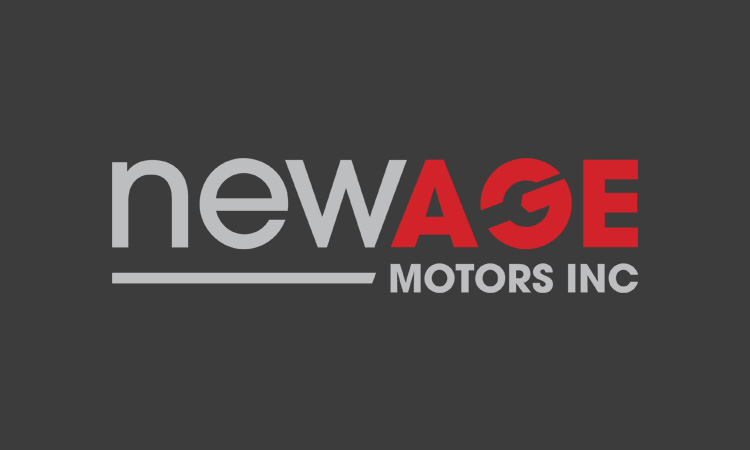
What’s That Noise? Decoding Unusual Sounds from Your Car
Your car just made a noise you’ve never heard before. Is it something minor, or is it the automotive equivalent of a cry for help? Understanding these sounds can save you time, money, and a whole lot of stress. As a professional automotive repair expert, I’ve helped countless vehicle owners figure out what their cars are trying to tell them. Let’s decode those unusual noises together!
Common Unusual Car Sounds and What They Mean
When your car starts talking in squeals, clunks, or hisses, it’s time to listen. Here are the most common sounds and what they often mean:
Squealing or Screeching

What It Could Mean:
- Worn Brake Pads: A high-pitched squeal while braking often signals that your brake pads are worn and need replacement.
- Loose or Worn Drive Belts: A screeching noise under the hood, especially when starting the car or accelerating, could mean your drive belt is loose or damaged.
What to Do:
- Inspect your brake pads. If they’re less than a quarter of an inch thick, it’s time to replace them.
- For a screeching drive belt, have a professional check the tension and condition.
A client of mine once ignored a squealing sound, thinking it was just dirt on the brakes. Two weeks later, they were towed into the shop with a grinding noise instead—worn brake pads had damaged their rotors. A simple $100 pad replacement turned into a $400 repair. Don’t make the same mistake!
Knocking or Pinging
What It Could Mean:
- Low-Quality Fuel: This can cause the engine to knock, especially under acceleration.
- Engine Timing Issues: Problems with spark plugs or timing can lead to knocking.
What to Do:
- Use a higher-octane fuel to see if the knocking subsides.
- Schedule a diagnostic to check the engine’s timing and spark plugs.
Prolonged knocking can damage engine components, so don’t delay. One customer switched to premium fuel, solving their knocking issue for just a few extra cents per liter.
Rattling or Clunking
What It Could Mean:
- Loose Exhaust Components: Rattling beneath the car often points to a loose exhaust system.
- Suspension Issues: Clunking over bumps can indicate worn shocks or struts.
What to Do:
- Inspect the undercarriage for loose or dangling parts.
- Have a professional check your suspension system, especially in Leduc’s rough winter conditions.
Pro Tip:
Rattling sounds are common after hitting potholes. Regular inspections help prevent these noises from escalating into costly repairs.
Hissing
What It Could Mean:
- Coolant Leak: A hissing sound often indicates a coolant leak that’s evaporating on a hot engine.
- Vacuum Leak: A hiss under the hood might mean a vacuum line is loose or damaged.
What to Do:
- Look for visible coolant leaks and check your engine temperature gauge.
- Bring your car in for a pressure test to locate the leak.
Warning Sign:
If your car overheats or the hissing sound worsens, stop driving immediately to avoid further engine damage.
Grinding
What It Could Mean:
- Failing Transmission: A grinding noise while shifting gears can mean your transmission needs attention.
- Worn-Out Wheel Bearings: Grinding that worsens with speed often points to bad wheel bearings.
What to Do:
- Have your transmission fluid and gears inspected.
- Check wheel bearings for wear; replace them as needed.
Anecdote:
One of my clients noticed a grinding sound while driving to work. After inspecting their car, we found the wheel bearings were on the verge of failure. Replacing them early prevented a dangerous breakdown.
Clicking or Tapping
What It Could Mean:
- Low Engine Oil: A tapping noise might mean your engine oil is too low to lubricate internal components.
- Valve Issues: Clicking sounds from the engine could point to malfunctioning lifters or valves.
What to Do:
- Check and top off your engine oil.
- Schedule a professional inspection of your valve train system.
Pro Tip:
Regular oil changes are the best way to avoid clicking or tapping sounds. It’s a small investment that can save you from big repairs.
Why You Shouldn’t Ignore Unusual Car Noises

Unusual car sounds aren’t just annoying—they’re often warning signs of bigger problems. Ignoring them can lead to:
Increased Repair Costs
A small issue like worn brake pads can snowball into expensive rotor damage if left unchecked.
Safety Risks
Suspension problems or failing brakes can put you and your passengers at risk.
Preventive Tips to Avoid Unusual Noises
Regular Maintenance
Schedule routine checks for your brakes, suspension, and fluids. Leduc’s fluctuating weather can accelerate wear and tear, so seasonal inspections are a must.
Choose the Right Auto Shop
Work with professionals who value transparency and back their services with warranties. Knowing your repairs are covered provides peace of mind.
Conclusion
When your car starts making strange noises, don’t ignore them. Understanding what these sounds mean and addressing them promptly can save you time, money, and headaches down the road. Whether it’s squealing brakes or a hissing engine, the key is early intervention.
If your car is making an unusual noise, contact us for a free consultation. Let’s get your car back to running smoothly—before that small sound turns into a big problem!
Explore The Full Range of Services Offered By New Age Motors:
Read Further on Vehicle Safety and Standards
Alberta Motor Vehicle Industry Council



